I have been living with a rare genetic condition called Hypermobile Ehler Danlos Syndrome (hEDS). How that shows up for me is that my joints are incredibly loose and wobbly. Sometimes I feel like gumby. The other thing that is unbelievable is that sometimes I experience no pain at all but instead experience anxiety. Then, when I take care of self and slow down my mind, the pain returns. I think the anxiety is calling my attention to my pain, but the pain is chronic and not going away, so then what? The worst part of all of this was that because it is such a rare disease, it went undiganosed for 19 years. I first started really complaining about this pain in adolescence when my body started changing rapidly and my joints, especially my shoulders, would pop out of place or just hang loose like they had no particular place to go.
Anxiety is a fancy word for fear
As I stated in a previous post, anxiety is a medicalized word for fear. It’s a fear that you can’t name or otherwise “shouldn’t have” because you think it’s irrational. This is a huge injustice to the understanding of emotion. Thoughts can be irrational but repeated and enduring emotions come from inside the body. A psychologist will go really far to talk about your past and tell you you have an anxious attachment style because you were neglected or abandoned in some way as a child. This is all fine and may be true, but the implication is that you are damaged and need to change yourself. One thing I’ve noticed about people who have experienced traumatic childhoods is that they are more realistic and more honest, in a sense they are more mature, than people who had a particularly smooth upbringing. There are a couple different ways you can look at this. A person who is “battling” their anxious attachment style is now battling a ghost within them, namely their past stories and their patterns of emotion. Anytime a relationship goes wrong or their “anxiety” or fear causes a dispute in a relationship, now they are in a conflict with their past and their partner. Here’s an example.
and then how to change? , and it is a way of calling our attention to something. ThereAnxiety was always calling my attention towards something. There are lots of methods out there for suppressing fears by rationlizing your thoughts until the emotions go away. The emotions inevitably return and yet the person embraces their “anxiety disorder” and feels so lucky that they have this amazing method to make their fears and irrational thoughts disappear. What is the real This is borderline criminal practice for someone who is actually trying to make change in their life. CBT is the ultimate band-aid
Embracing your anxiety as a disorder prevents you from facing your fears and addressing the changes you need to make in your life. Yes! Maybe it’s true that you have anxious attachment style due to some trauma from your childhood. The solution then is not CBT but trauma-informed therapy. It could be 3-4 sessions for you to feel relief from this condition by either making changes in your current environment or releasing some toxic emotions and memories from your body. I have done both and can say that I feel much more connected with myself after these breakthroughs. I would say I am lucky enough to have an amazing support system but honestly I have built this system myself.
How to build yourself a support system
Educate yourself first – Be your own ally first
Start with one person – I recommend somebody outside of your family. Many times your family will be directly implicated in your mental health and that puts them in a precarious position. What do I mean by implicated? I mean that they can be both the cause of some of your suffering and also be affected by it. If your family is the source of some of your suffering (remember anxiety and depression have overwhelmingly social causes, and there is always a cause), then they are not likely to be the best choice validate it, much less alleviate it. If your family is the source of your suffering, known or unknown, and do not have a therapist, you have no shot at
Find someone with a shared identity, who has been through and overcome something similar
I don’t just mean that they have been through depression, or lived with anxiety, I mean that they have a similar identity to you and have lived through similar experiences that are causing your pain. Ideally this person will have overcome their painful experience because you will rely on them for empathy at times and anyone with unprocessed or unhealed trauma themselves will end up reliving their painful experience when they try to implement empathy for you.
Find someone who is available and comfortable with the language of emotions.
Ideally in an ally you want someone who will accept all of your unprocessed and raw emotions. They’re not necessarily the person who needs to help you make meaning of your emotions. An ally is the person that will not ask you “what’s wrong” or “don’t feel that.” Essentially they are there to validate your experience just by watching you have it. I have never seen the body writhe in fear or erupt in sadness without a cause. A person’s pain is real to them and that’s all that matters and your ally doesn’t need to understand it, but they just need to see it. This aspect of seeing all comes down to identity and is the real reason why having an ally is essential. I have seen people, in addition to myself, make absolutely transformational changes with only one person watching. That one person is essential.
Make sure they understand the difference between validating your pain and solving your problems. One of our biggest flaws as friends is to try to give advice based on our own past experiences. 99 times out of 100, if a person is in coaching or therapy due to painful experiences or repeated painful emotions, it’s because the problem is incredibly complex. because If a person is coming to me in pain it’s always because the solution is not simple. It is disempowering for someone experiencing distress to open up and be vulnerable and then haev someone else offer advice.
Make sure you understand that your values might not align sometimes. This is all about understanding boundaries
Things to think about before finding an ally:
What are the possible sources of your pain? This is ultimately your responsibility.
When will
Do you want coaching from them? Or just someone to listen?
How much
Second Tier Support

